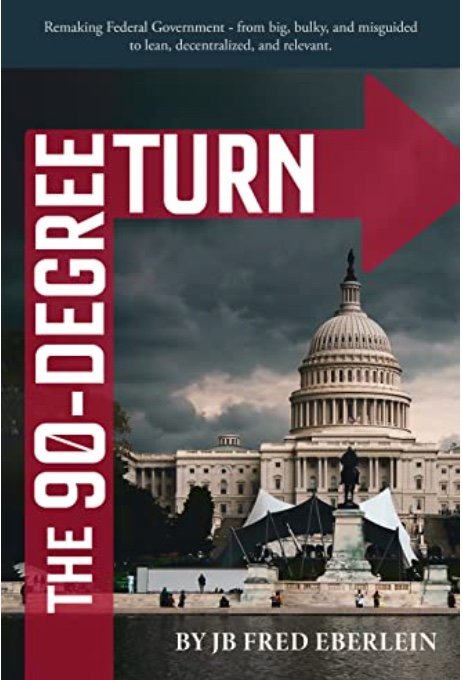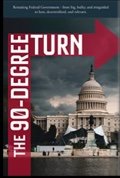Bankrolling Bad Actors
Imagine paying your rent, mortgage, or child's tuition and losing 42.4% on every transaction. How long would you tolerate that? Most of us would act on it immediately. But not Washington. No loss is too great to break its bipartisan addiction to the big spend.
According to an audit released September 30 by the Inspector General for the Department of Labor," $30.4 billion of the $71.7 billion" in pandemic relief was "paid improperly. "42.4% of payments went to the wrong people, and an estimated $9.9 billion (13.8%) went to fraudsters.”
While the FBI and police fight crime, Washington underwrites it. I am not reporting a conspiracy but rather the unintended consequences of dysfunctional government using broken systems to distribute mountains of money. Congress knows better but can't find the will to change.
Billions of dollars are spent by the Department of Labor (DOL) and its Employment and Training Administration (ETA) for programs like Pandemic Unemployment Assistance (PUA) and Federal Pandemic Unemployment Compensation (FPUC).
In its audits of four states (California, Georgia, Kentucky, and Michigan) conducted in 2021 and 2022, the Inspector General reports, "1 in 5 dollars initially paid in PUA benefits went to likely fraudsters." So, while 13.8% is estimated to go to fraudsters overall, Pandemic Unemployment Assistance is doing even worse, losing 20% to fraud.
Considering that a lot of this money ends up with drug cartels, terrorists, and foreign enemies, you would think that our elected officials would come up with a better way of distributing funds to citizens in need.
Unwittingly, taxpayers are helping build another fentanyl lab that makes the pills that will kill a family member someday.
Unwittingly, taxpayers support North Korea and its delusional leader in building a nuclear arsenal aimed at the west.
Unwittingly, taxpayers provide another revenue stream to Russia as it attempts to destroy Ukraine. (All while Washington spends billions in defense of Ukraine.)
The greatest threats to the U.S. - drug cartels, North Korea, and Russia – are allowed to grow stronger because of Washington's gross mismanagement of taxpayer dollars. The Federal Government is so committed to spending that even when its recklessness aids the enemy and hurts the country, it can't stop. This is the definition of addiction; it will ruin all of us if it's not broken.
Congress has been aware of this problem for years. In 2013, the Treasury reported shortcomings in its payment systems.
"The federal government currently operates under multiple financial systems and accounting practices, leading in some cases to challenges in communication and coordination."
Eight years later, in 2021, we learned what "challenges in communication" means to America's bottom line. In an Inspector General report for the Department of Labor, "Improper payments" for Unemployment Insurance were "10 percent for 14 of the last 17 years."
It's hard to believe that Congress – the body responsible under the Constitution to provide for the "general welfare" of the country – has done nothing to address this problem. Money lost is one thing, but when that money is funneled to bad actors, the impact is doubly bad.
America's ideology is not broken, but the system intended to support that ideology is. While Washington's massive bureaucracy presents one set of problems, the true source of our demise rests with the body responsible for spending – the U.S. Congress.
For over 200 years, Congress did a good job. But, unfortunately, for the past 20 years, Congress has failed miserably and at a significant cost to the country. In 20 years, the national debt has increased by 500 percent. From about $6 trillion in 1999 to over $30 trillion today, with an annual interest payment of over $500 billion that's growing by the minute.
We shouldn't do away with Congress, but we should remove Congress from its control over spending and return that responsibility to state governments. State governments may not be more efficient than Washington, but at least when a state loses money, the problem is localized and less likely to affect the country as a whole.
Not only will this approach allow the U.S. to manage its spending better, but it will also put a hole in fundraising-centric politics that's the source of our spending addiction.
The Rocket-man, Putin, pills, and a pile of cash.


